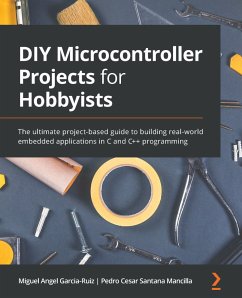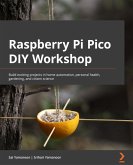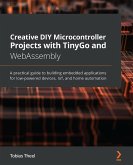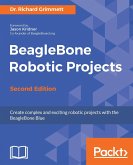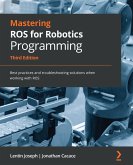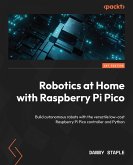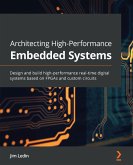DIY Microcontroller Projects for Hobbyists are filled with microcontroller programming C and C++ language constructs. You'll discover how to use the Blue Pill (containing a type of STM32 microcontroller) and Curiosity Nano (containing a type of PIC microcontroller) boards for executing your projects as PIC is a beginner-level board and STM-32 is an ARM Cortex-based board. Later, you'll explore the fundamentals of digital electronics and microcontroller board programming. The book uses examples such as measuring humidity and temperature in an environment to help you gain hands-on project experience. You'll build on your knowledge as you create IoT projects by applying more complex sensors. Finally, you'll find out how to plan for a microcontroller-based project and troubleshoot it.
By the end of this book, you'll have developed a firm foundation in electronics and practical PIC and STM32 microcontroller programming and interfacing, adding valuable skills to your professional portfolio.
Dieser Download kann aus rechtlichen Gründen nur mit Rechnungsadresse in A, B, BG, CY, CZ, D, DK, EW, E, FIN, F, GR, H, IRL, I, LT, L, LR, M, NL, PL, P, R, S, SLO, SK ausgeliefert werden.

